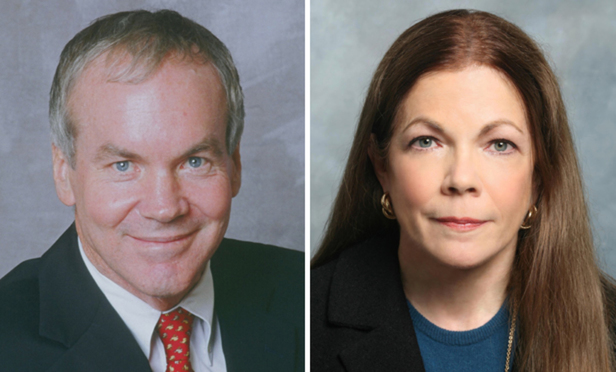The tradition of permitting the fact finder to draw a strong inference against the party who fails to call a presumably friendly witness has deep roots in New York trial practice. Over 100 years ago, the Court of Appeals held that
In case a litigant fails to produce a person known to be friendly to him and to his cause, who is so situated that he must have knowledge of the facts in issue, the jury is permitted to presume that the testimony of that person would not have been favorable to the party.1
As if further confirmation of this principle were needed, in 2003, the Court of Appeals held in People v. Savinon2 that
When a party truthfully presents a version of events, a fact finder would expect that party’s friend or ally (if knowledgeable) to confirm it.
This content has been archived. It is available through our partners, LexisNexis® and Bloomberg Law.
To view this content, please continue to their sites.
Not a Lexis Subscriber?
Subscribe Now
Not a Bloomberg Law Subscriber?
Subscribe Now
LexisNexis® and Bloomberg Law are third party online distributors of the broad collection of current and archived versions of ALM's legal news publications. LexisNexis® and Bloomberg Law customers are able to access and use ALM's content, including content from the National Law Journal, The American Lawyer, Legaltech News, The New York Law Journal, and Corporate Counsel, as well as other sources of legal information.
For questions call 1-877-256-2472 or contact us at [email protected]



